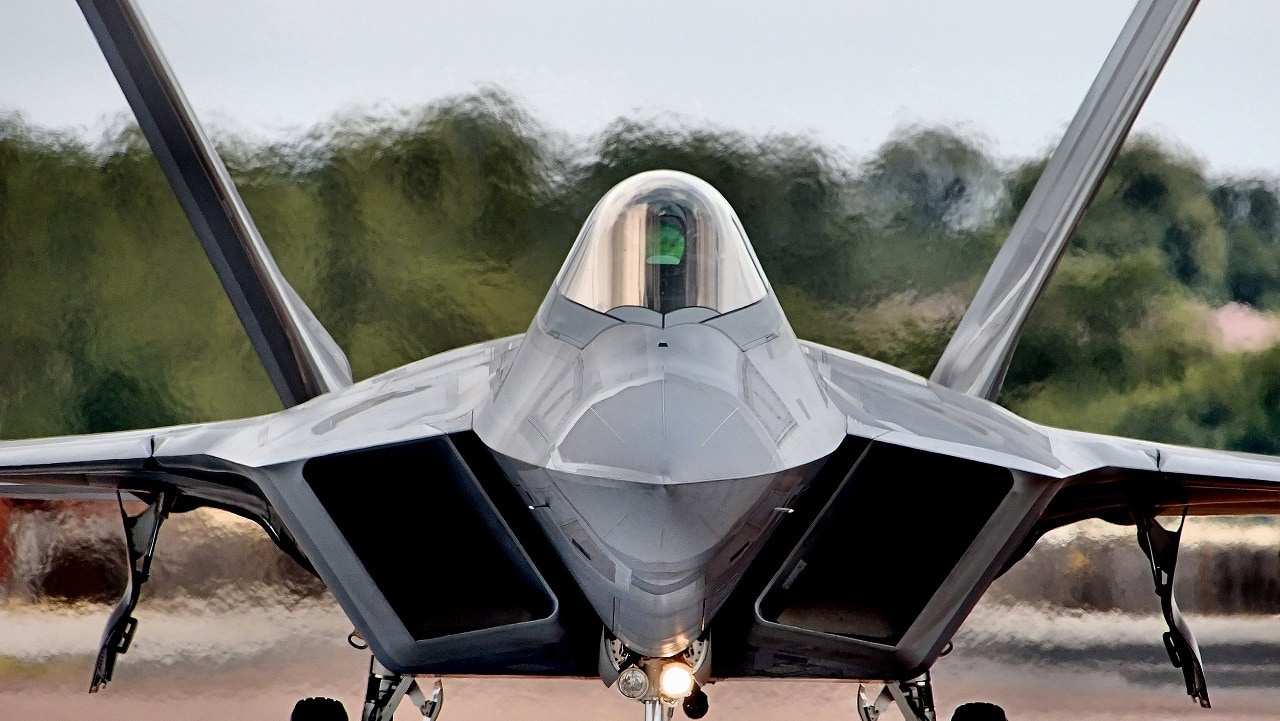The overflight of the U.S. by the Chinese unmanned lighter-than-air (it was far more than the term “balloon” implies) surveillance craft achieved its intended star turn.
It was maneuverable, and provocatively lingered long enough over interesting areas that its detection was assured.
The timing was particularly auspicious for the People’s Liberation Army craft, and for China.
This action injected another series of sharp political talking points into our already sour political environment.
An overt surveillance intrusion has advantages. It can, of course, collect imagery and signals intelligence.
Perhaps most important, detection by the target can be a feature, not a bug.
Detection allows collection on response capabilities, such as radar frequencies, communication means, time from alert to action, and many others. If the intruding craft is lost, the surveillance effort likely cost much less than the counter effort.
And gain can be had from that.
But there is more.
The greatest advantage for this overt surveillance action is China’s contribution to the information battle. The timing of the overflight to coincide with the media buzz for the State of the Union address is hardly coincidental.
It injects another topic into the partisan rhetoric of our sour politics, adding fuel to ever-present conspiracy charges. The more roiled and rank our politics, the more China will hail its system as superior.
Already we see charges and countercharges alleged over the comments of General Glen D. VanHerck USAF, commander of the North American Aerospace and Defense Command (NORAD) that “Beijing has breached the nation’s airspace using such technology before”.
Overheated charges of negligence and malfeasance are sure to be part of our conversation.
Some will recall the Sputnik launch in 1957 that produced the charge of a “missile gap” in our electoral politics, and caused many of us of a certain tender age to be told we must pursue an engineering education because the Soviets beat us into space. Arguably, it also contributed to the outcome of the following presidential election.
Or at least that’s what one party thought.
Adding flammable material to the information assault, China responded with claims that their intruding airship was an innocent civilian effort gone awry. China, the nation that arguably values the sanctity of national borders more than any other, now accuses the United States of violating international law regarding our national airspace, and blames us for damaging the efforts and advances in stabilizing China-US relations since the Bali meeting.
There is a theory that domestic political considerations in China and the U.S. are now driving the issue.
If our own domestic politics demanded, at least in part, that we shoot down the intruder, China’s politics demand that we be painted as the offending party in the (dis)information sphere.
Additional insults elsewhere, perhaps the East and South China Seas, perhaps in or around Taiwan, must be expected.
We can expect more of this and must be prepared for the two communist nations with a “no limits friendship” to attempt aggressive shaping of U.S. perceptions through and beyond our coming election cycle.
Steadiness is needed.
Wallace C. Gregson served as a former assistant secretary of defense for Asian and Pacific Security Affairs (2009-11) and is currently a senior advisor at Avascent International. Gregson last served as the Commander, U.S. Marine Corps Forces Pacific; Commanding General, Fleet Marine Force, Pacific; and Commander, U.S. Marine Corps Bases, Pacific, headquartered at Camp H. M. Smith, Hawaii. He is a senior advisor to General Atomics Electromagnetic Systems.

